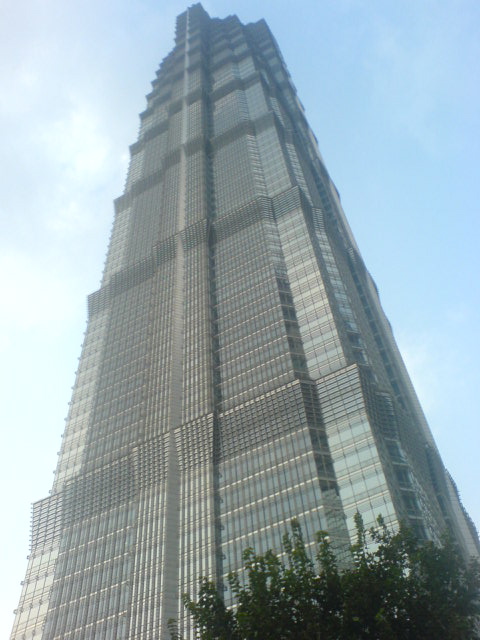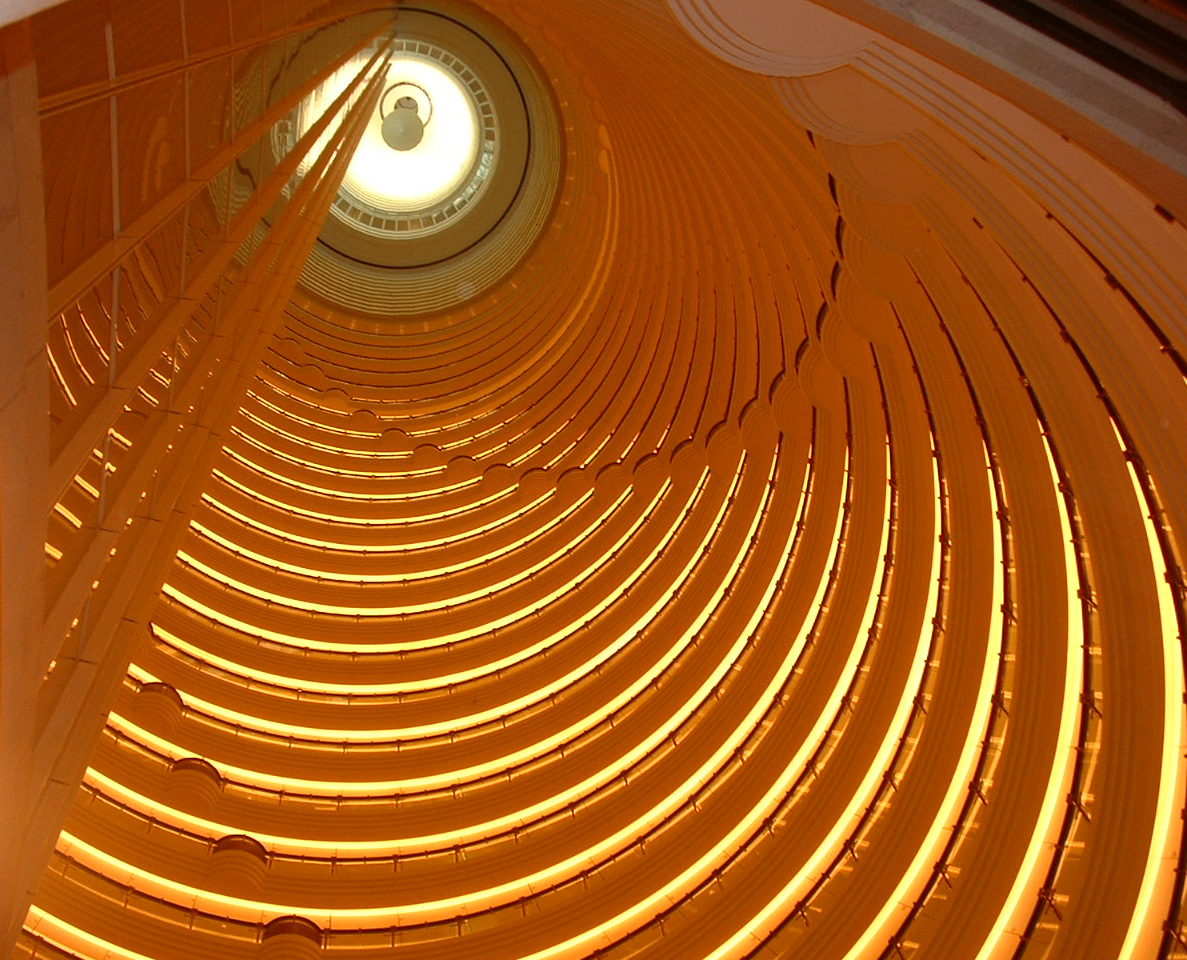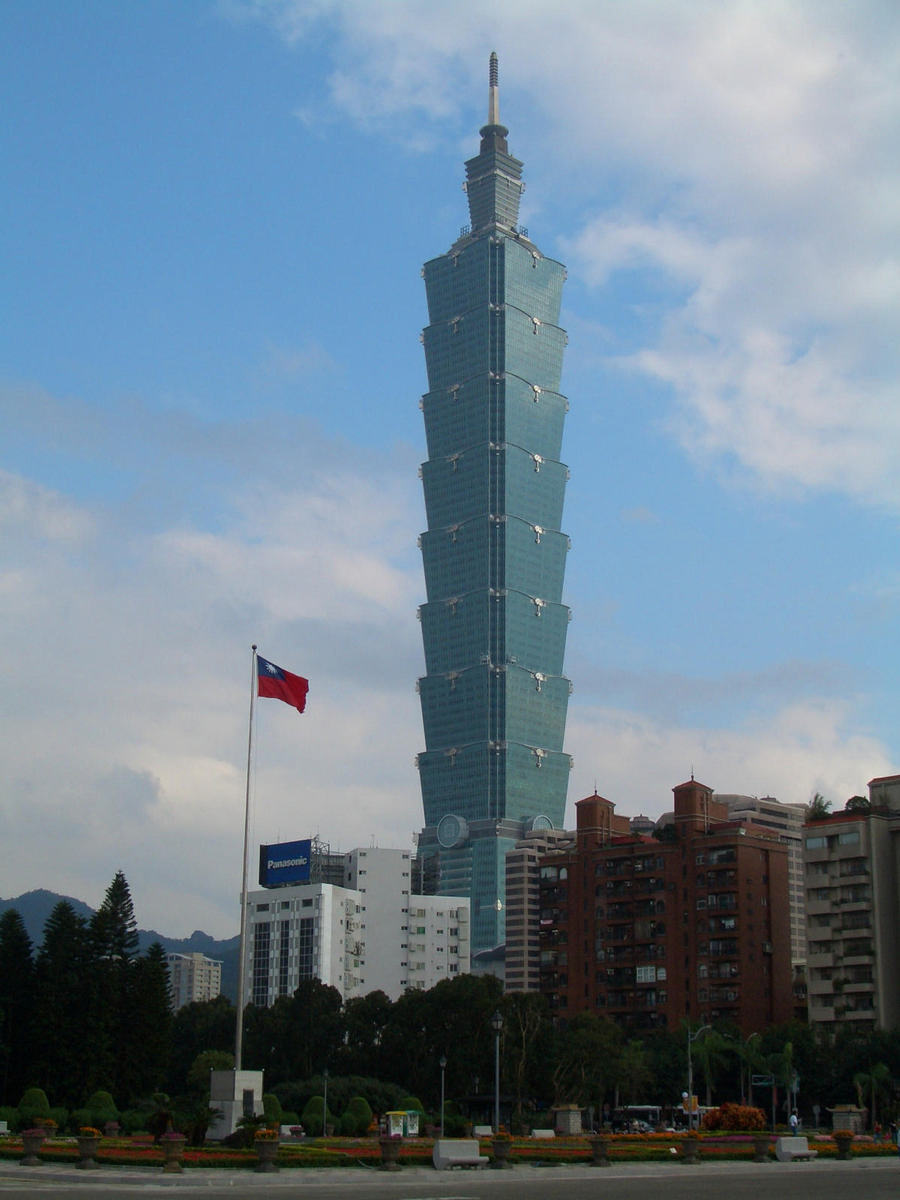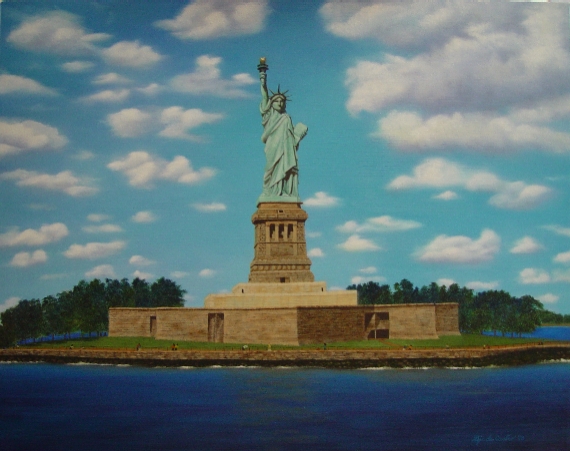It's not often we meet Socialists who can debate about economics in a rational way and without referring to the Utopia that they want. But for all you who need a bit of a primer for debating with them, I've made a list of common arguments you may hear from the Socialists about Capitalism (and Globalization) and how to combat those arguments in an effective way, which will leave them with something to think about. These are the top ten arguments (and what to do about them) you'll hear:
10) Capitalism encourages Racism.
This is a very common misconception. Capitalism favours people on their productivity. This is true throughout the entire market. In a Capitalist economy, it doesn't matter who owns the house-be it a Communist, Nationalist, Mexican, Asian, Gay, Lesbian-but what condition the house is in. Similarly, a business hires people on the basis of their productivity. Racism becomes a waste of money in a Capitalist society. Productivity, not race, sexual orientation, political beliefs or gender matters in the Free Market.
9) The Market fails to provide essential services like Healthcare and Education. It also fails to provide welfare for poorer citizens.
Many people wonder why the healthcare and education services in almost every country in the world range from bad to abysmal. Here in New Zealand, the government reports surplusses of up to $7,000,000,000 yet much of our school system is underfunded and the healthcare system is in a huge mess. It is true that private schools and hospitals are expensive. But that's because there is no-or at least a small amount of- competition, so the owners can keep their prices high. But in the competitive free market, schools will be suject to the law of supply and demand, so consumers can and will choose the best school for their children to attend. Schools will have to lower their costs whilst raising their quality to attract customers. To keep quality high, schools will employ only the best teachers, and keep them happy-and productive-with generous wages and benefits. As with all workers, there will a market for teachers, a lot greater than today's market.
Socialists point to the American healthcare system as proof that a free market in healthcare doesn't work. The problem is that America's system isn't a free market. It is a third-party system (aka, employers more often than not have to provide discounted insurance) and is strangled with regulations. Americans are infamous for litigation, which further raises prices. The healthcare system in America is far from being a free market.
As for welfare, in a free market welfare is supplied vountarily by private charities. These are a far better alternative to government-provided welfare because these charities have genuine compassion for the people they're helping. And as I'll discuss, Capitalism increases wealth for all people by increasing production.
8) In a Free Market, the poor keep getting poorer, as machines introduced will keep lower-paid workers out of jobs.
As machines keep getting more advanced, workers don't get out of work, but instead work in different sectors of the economy-this is a natural process in the transition from an agrarian to industrial and then from an industrial to a service-sector economy. The transition is beneficial to workers in the fact that most service-sector jobs are a lot cleaner than industrial-sector jobs. It also means that instead of working manually to produce, we can instead make ultra efficient changes in the way we produce-for instance, by inventing machines that do jobs faster than humans, that can be hugely beneficial to a society. The machines mean that workers can instead do other, less dangerous tasks while production still stays at a high level. Notice how unemployment rates in the Western world aren't too different than what they were, say, 100 years ago.
7) In a Capitalist society, businesses will just employ who works for the lowest pay. The Market will also keep wages as low as possible.
In a free market, businesses will not employ who works for the least money, but instead they'll employ who they feel is the best value for money. This is the reason why IT businesses are outsourcing not to sub-Saharan Africa, but to India, where the IT workers are the best value for money. Workers are an investment. Companies will always seek out the workers who provide the most "bang for your buck"-so if that means paying them $100,000 a year, the business will likely do so. This is also why, in a free market, wages and productivity ultimately go hand-in-hand. Any outside attempt to artificially raise wages will end up raising the unemployment level, as they cut out the less productive workers.
An often ignored fact about treatment of workers under Capitalism is that Capitalism provides competition in the labour market. In the high-growth economy that Capitalism creates (because the incentive to start a business is so much greater), workers have a variety of options they can work for. Companies have to compete for these workers, and as thus need to make the incentive to work for them all the more greater. No one is forced to work for anyone, so workers need to agree to work for a company, in order for that company to employ them.
In the ideal Capitalist society, the employer and the worker would decide together what conditions the worker would work under, his pay, his benefits, etc. This automatically gives the worker an upper hand when deciding what he wants out of a job.
6) The market is responsible for the creation of monopolies.
In a Free Market, there is only one way to become a large company and/or monopoly: to offer products superior to that of the competition. If the monopoly continues to offer better products as it did when competition was around, no harm is done. But if a monopoly raises it's prices and/or lowers the quality of it's products, the monopoly has just left the door wide open to competitors to offer better products. Competitors, attracted by the potential for greater profits, will then enter the market with better products, and consumers will start buying from the new business. The monopoly will either better the quality of its products to stay a monopoly, or try and buy every new market entrant out-not an easy task considering the profits that can be made by offering products better than those of the monopoly.
As for markets being the reason corporations are "big and scary" to many Leftists, that's hardly an effect of the market, but instead of government intervention into the market-which will be discussed later.
5) Market Forces are the reason behind many of today's Wars.
The Free Market is not responsible for today's wars-governments are. The Market is based on a policy of non-coercion. Instead, the Market will seek out the most peaceful road to prosperity, as no one likes to be caught in the crossfire of war. Pursuing a policy of free trade with other nations is how the market handles foreign economic issues. The Free Market, not war, brings prosperity and freedom to nations. After all, how many wars are there today between nations that have a policy of free trade towards one another?
4) Capitalism causes Inequality, between person and person, country and country. Because of this, Capitalism also causes Isolationism in societies.
Although it is true that under Capitalism you have ultra-rich people like Bill Gates and John D Rockefeller, Capitalism doesn't create nearly as bad inequalities as it may seem. The good majority of people in the Capitalistic societies of today are Middle Class. When arguing about inequality, many Socialists point out to the percentage of Americans currently living below the poverty line (12%) as proof that Capitalism makes the world a more unequal place. In reality, only 1/3 of the people below the poverty line in the States stay there for more than two years. 2/3 are in "temporary poverty", meaning that they stay in poverty for less than two years. In fact, the median time below the poverty line in America for people in "temporary poverty" is only four months.
Contrary to Socialist rhetoric, the ultra-rich contribute to making the world a more equal place. For instance, if Steve Jobs of Apple Computers invests $1,000,000 towards expanding his company in India by employing 1,000 more people, he has just put those 1,000 people on more equal terms with the rest of the world, by providing them with an income they can use to raise their standard of living.
Capitalism does not cause isolationism, as man is free to do whatever he wishes to and with other people-providing he doesn't commit an act of force or fraud. A man can gain huge values living with his peers, such as knowledge, trade and mediation. Capitalism doesn't force people to be isolated. In a Capitalist society, living alone from other people only works to man's detriment.
3) As businesses in a Capitalist society only care about profits, they'll willingly destroy the environment if it means more profits.
This argument ignores the basic institution of a free market, that being property rights. Property rights give people incentives to protect their property from pollution, as it'd be in the owner's best interests to keep their property in tip-top condition when selling time comes around. It also makes you seem respectable to other people, which is many cases is incentive enough to look after your property. In a Capitalist society, older, more polluting technology is less productive and more prone to faults than newer, cleaner technology, meaning that, over the course of industrialization, many countries will actually become cleaner than what they were before, as man can become more independent of the environment. For instance, (Capitalistic) America is regrowing it's forests. To most Socialists, this should be unthinkable considering the American impact on the environment. But it's happening, because businesses don't need to rely on forests for resources as much as they did 50-100 years ago anymore.
Under Capitalism, Property Rights coupled with continuing development ensure the cleanliness of the environment. We have now seen from history the huge impact on the environment when Property Rights have been removed. The USSR was going through an environmental crisis just before it decipitated.
2) In a Free Market, Government always favours big Business more than the "little guy". Government essentially "gets into bed" with big Business.
Corporate Welfare is not a thing of the Free Market. Instead, it is an error of the government. The Free Market doesn't give any exemptions to big businesses from the law as under a Free Market, the same laws are applied to everyone. Capitalism states that no one can commit an act of coercion against another, and that applies to big business just as much as everyone else. As, under Capitalism, economy and state are separated, corporate welfare and governments favouring corporations are a sign of government intervention in the economy, not an effect of the Free Market.
1) Capitalism is based on Greed. It is just about profits, profits, profits. Even if everyone but a small elite get left behind, that won't matter in the mind of the Greedy Capitalist.
One thing is correct here; Capitalism is indeed built on self-interest. But here's where it differs from all the other socio-economic systems in history: Capitalism bans all acts of force and fraud against other people. You can not, therefore, go out and steal your car from someone else. In a Capitalist society, you have to produce to get ahead of everyone else and pursue your self-interest. Voluntary trade is also an option, but ultimately won't get you ahead as in a society with a standard of value, aka money (bartering is useless because material values change from person to person, and makes economic calculation impossible), your overall net worth can't increase by merely trading-unless you rip your trading partner off by selling above the market rate. Production is the only way to increase wealth.
So, in order to increase wealth, the Capitalist must produce. The problem is that while his mind can lead to production on a massive scale, his own two hands can't accomplish much. He must employ other people to work for him, and as we already know people must agree to work for him, in order to work for him. Once this is done, production is greatly increased. But still, this is relatively minor compared to machines, which I've already gone over. The production brought about by the "greedy" Capitalist leads to tremendous creation of wealth-which disperses itself, as people voluntarily buy his products-the fruits of his labour. Money will then go into production, and then voluntarily disperse itself again in the form of products.
So yes, Capitalism is built on greed. But Capitalism uses greed to hugely increase the quality of life anywhere in the world wherever, whenever it has been tried.












